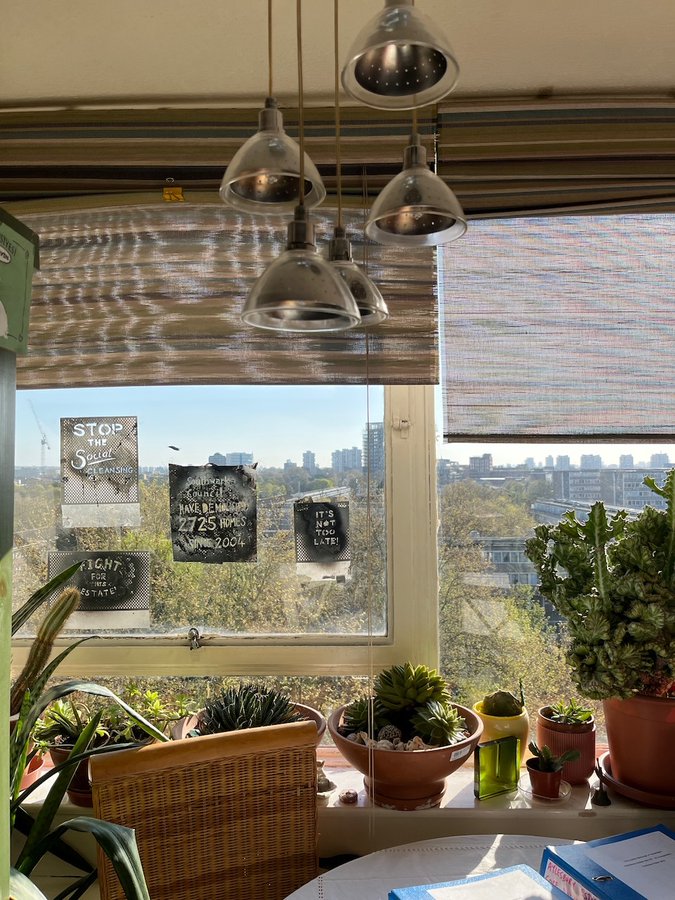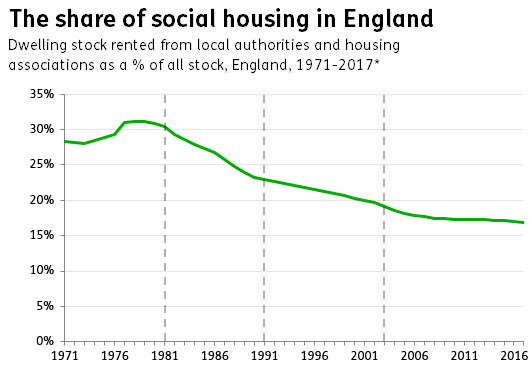Today's #MunicipalistMonday 🧵celebrates resistance against social cleansing & gentrification.
🏠🏘️🏩🌇🌆
The focal point is Aylesbury Estate: a housing estate that was home to thousands of residents in Southwark, south London.
#Fight4Aylesbury

🏠🏘️🏩🌇🌆
The focal point is Aylesbury Estate: a housing estate that was home to thousands of residents in Southwark, south London.
#Fight4Aylesbury


Recently, resident Aysen Dennis opened the doors of her 8th floor home on Aylesbury Estate. The whole housing estate faces demolition and is mainly empty. Her flat became a centrepiece of community resistance, hosting an exhibition of the struggle. 





Aylesbury Estate was built by the 70s, a growing era of social housing in the UK until Thatcher (1979-90). Later, New Labour copied Conservatives' social cleansing policies.
In 1997, PM Blair gave his first speech from Aylesbury Estate, setting out his “regeneration policy”.

In 1997, PM Blair gave his first speech from Aylesbury Estate, setting out his “regeneration policy”.


“For Dennis, the estate’s fall from grace wasn't because of poor design or because its occupants didn’t care. [But it was a] victim of a “managed decline” – deliberate neglect – that has served the interests of profit-led development companies.”
@mayrbsn
opendemocracy.net/en/aylesbury-e…
@mayrbsn
opendemocracy.net/en/aylesbury-e…
The exhibition offers wall-to-wall coverage of London housing campaigns. It shows in 2001 73% of residents on Aylesbury Estate voted against demolition. Yet the council didn't listen: footage plays on the living room TV shows riot police invading the estate.
The toilet is dedicated to Southwark Council (@lb_southwark) & ex-Council leader Peter John (2010-20) (@peterjohn6).
He has since become chairman for Terrapin Group, political lobbyists on behalf of real estate investors.
#RevolvingDoor

He has since become chairman for Terrapin Group, political lobbyists on behalf of real estate investors.
#RevolvingDoor


The exhibition showcases the corruption of local politics & class war against London's working class. Against this it shows the fight of the housing movement, and shows how Aysen – like so many others – demands to remain in the places they call home. 







• • •
Missing some Tweet in this thread? You can try to
force a refresh






















